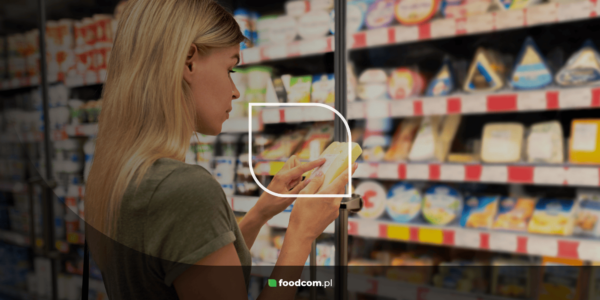B2B (Business to Business) business model – what is it?
The B2B (Business to Business) business model refers to a business relationship in which both the buyer and seller are companies. Unlike the B2C (Business to Consumer) model, in which a company sells products or services directly to consumers, in the B2B model transactions take place between companies. B2B trade exchanges include bulk purchases, the supply of raw materials, components or business services such as consulting, logistics, financial services or software.
Benefits of the B2B model
- Long-term relationships – B2B businesses often build long-term partnerships with their customers, which allows for stability in financial flows and predictability in production and resource planning.
- Higher order value – B2B transactions tend to be larger in volume and value than those in the B2C model, allowing for higher revenues with lower transaction costs.
- Personalization and customization of offerings – in B2B relationships, it is important to tailor offerings to the needs of a specific business customer, allowing the creation of dedicated solutions, increasing customer satisfaction and adding value to the cooperation.
Types of B2B business models
- Supplier of raw materials and components – companies that supply raw materials, components or materials necessary for production to other companies, such as steel suppliers to automakers.
- Business services – companies that offer consulting, financial, logistics or IT services to other companies to help them run their businesses.
- B2B e-commerce platforms – online portals that connect suppliers with business customers, enabling online transactions, such as Alibaba or industry platforms.
Challenges of the B2B model
- Complex decision-making processes – because purchasing decisions in the B2B model are made by many people in the company, the process can be time-consuming and require negotiation and customization of the offer to different stakeholders.
- Longer sales cycles – in the B2B model, the sales cycle can take longer than in the B2C model due to more complicated procedures, product testing and establishing terms of cooperation.
- High customer expectations – business customers expect a high level of personalization, robust technical solutions and support at every stage of the order fulfillment process, which requires close monitoring of processes and provision of high quality services.
Frequently asked questions
1. What is the difference between the B2B and B2C model?
The B2B model refers to business-to-business transactions, while the B2C model refers to selling products or services directly to consumers. B2B transactions tend to be more complex, involve larger orders and longer sales cycles.
2. What are some examples of companies operating in the B2B model?
Examples of companies operating in the B2B model include raw material suppliers, logistics companies, component manufacturers, marketing agencies that provide services to other companies, and e-commerce platforms that connect suppliers with buyers.
3. Why are relationships important in the B2B model?
Long-term relationships in the B2B model are key to ensuring supply stability, customer loyalty and competitive advantage. Building trust and partnerships allows for more effective planning and flexible collaboration in response to changing market needs.


![Dairy prices are falling, but the dairy market is not slowing down [281st Edition of DAIRY Newsletter] Dairy prices are falling, but the dairy market is not slowing down [281st Edition of DAIRY Newsletter]](https://foodcom.pl/wp-content/uploads/2024/06/Foodcom_SA_Dairy_Newsletter_4-600x300.jpg)


